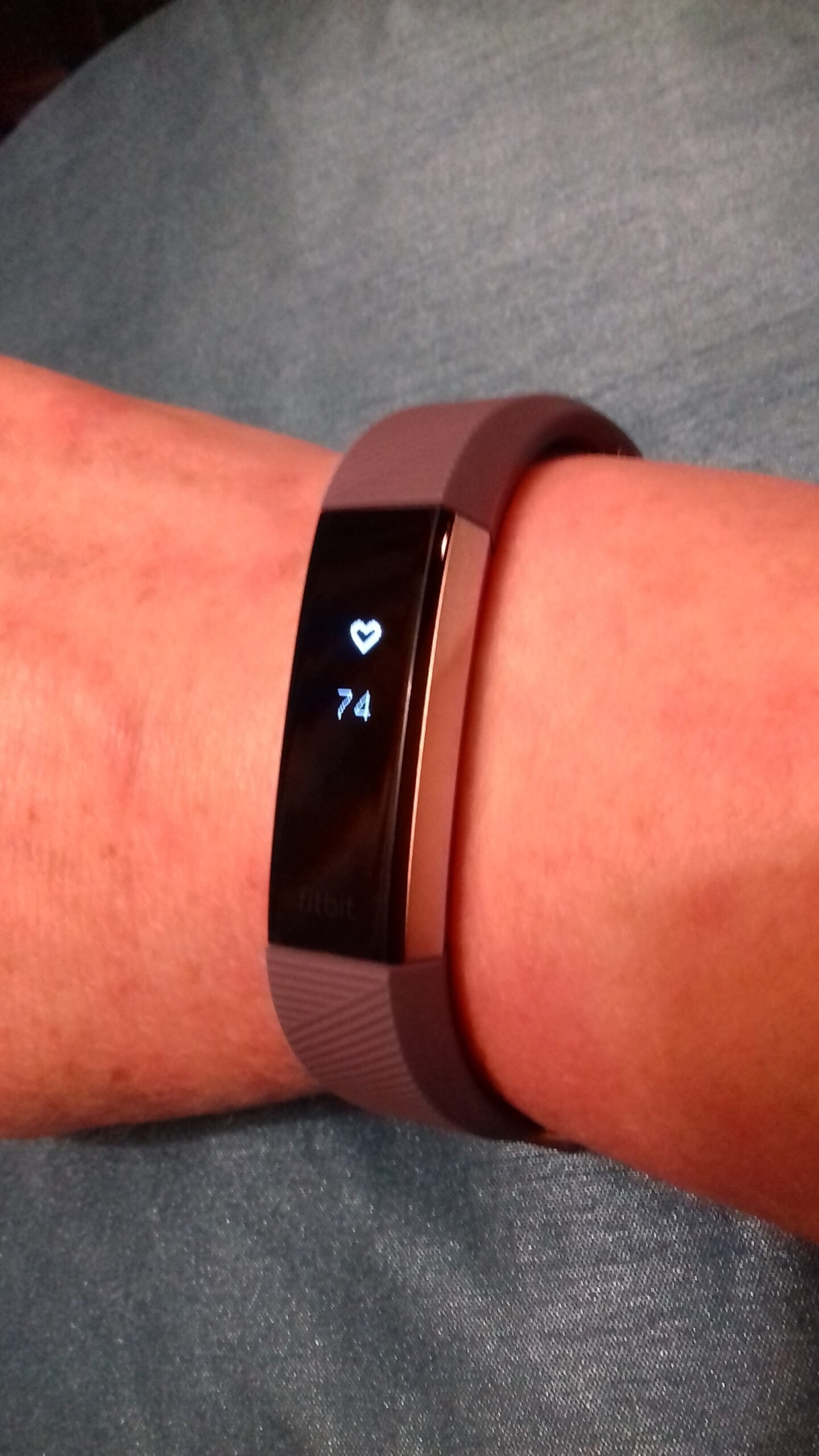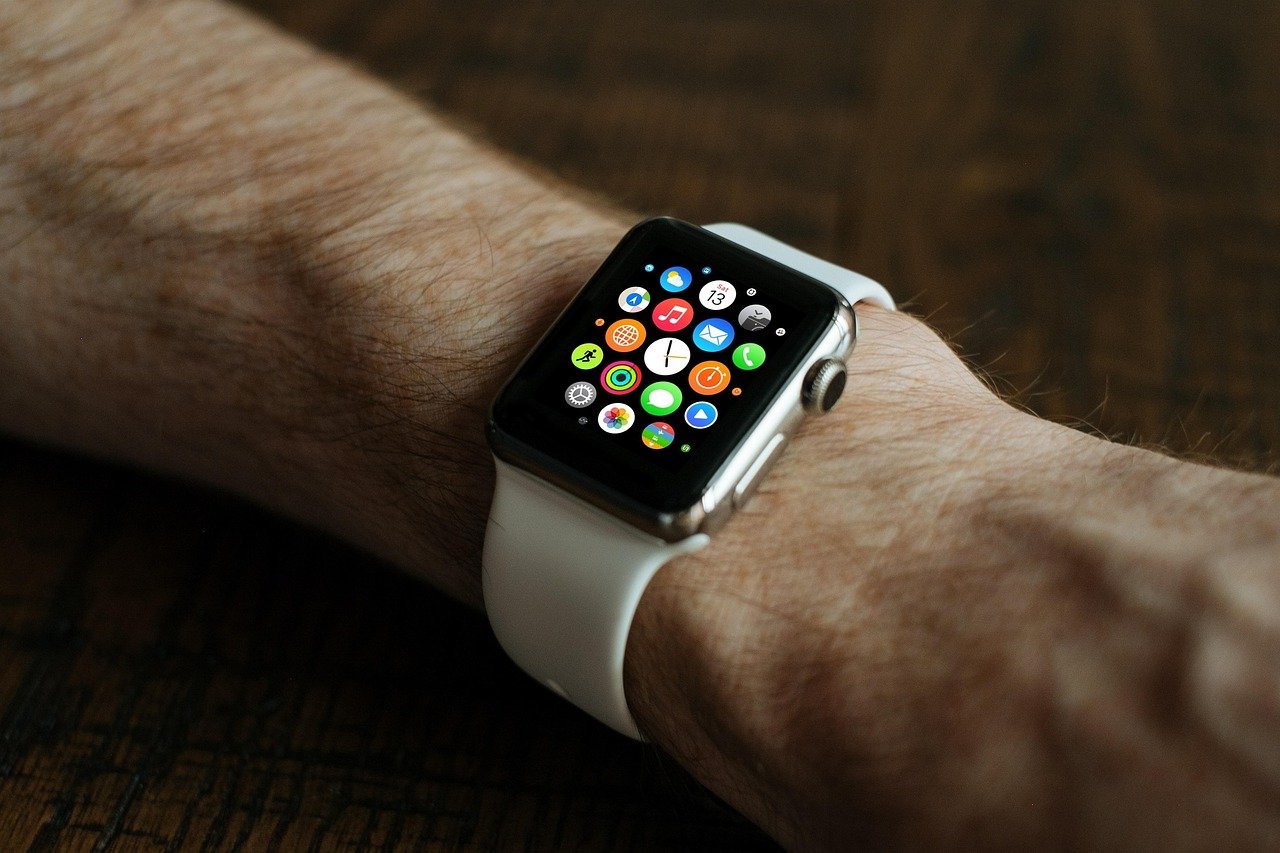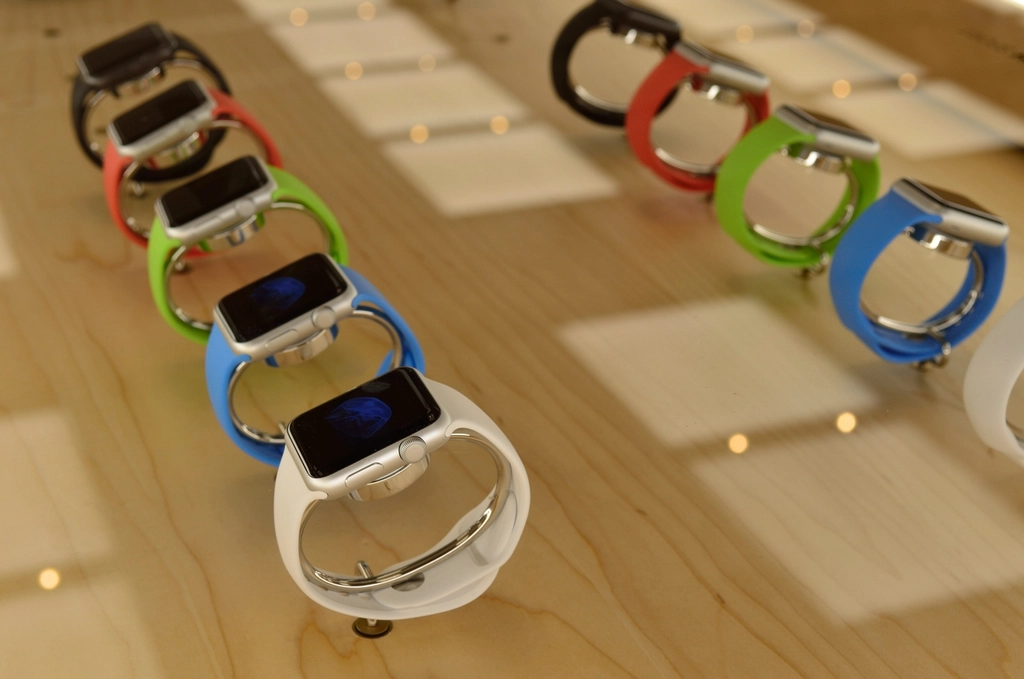Fitness Trackers: Hype or Health Revolution?
Imagine a tiny gadget on your wrist that promises to transform your health simply by counting your steps and tracking your sleep. Sounds almost too good to be true, right? Yet, fitness trackers have exploded into our lives, with over 30% of American adults now sporting these digital cheerleaders. Their promise is loud: more movement, better sleep, and a healthier you. But does strapping on a tracker actually deliver real health results, or is it all just clever marketing? The truth might surprise you—and it’s not as black and white as you’d think.
Step Counting: The Unexpected Power of Tiny Goals
At first glance, step counting feels almost childish. Ten thousand steps a day, the magic number many trackers nudge us toward, seems arbitrary. But studies keep showing the same pattern: people who use step counters really do move more. One major study found a 27% jump in daily activity for those who started tracking their steps. That’s like going from couch potato to walking an extra two miles a day! For many, seeing the numbers tick up is a burst of instant gratification. It turns daily movement into a kind of game, and that subtle nudge can genuinely shift habits. The simple act of watching your steps can break up marathon Netflix binges and make evening strolls a ritual.
Real-Time Heart Rate: Your Personal Health Dashboard

Forget the old days of checking your pulse after a sprint. Fitness trackers now beam real-time heart rate right to your wrist, helping you see how hard you’re working—instantly. Research in the Journal of the American College of Cardiology found that people who monitored heart rate during workouts improved their fitness faster and avoided the risk of pushing themselves too hard. This isn’t just data for data’s sake; it’s a real safeguard for your heart. For those with health conditions, it’s like having a tiny, watchful nurse along for every jog or gym session. The sense of control and safety this brings is hard to overstate.
Sleep Tracking: Unlocking the Secrets of Rest
We all know sleep is vital, but few of us realize how much—or how little—we’re really getting. Fitness trackers that monitor sleep offer a window into the mysteries of our nighttime habits. A recent study in Sleep Health revealed that users who tracked their sleep patterns actually started changing them. They adopted healthier sleep routines, cut down on late-night device use, and felt more rested. It’s surprising how seeing “proof” of a bad sleep week can jolt you into action. For insomniacs and night owls, these insights are like a wake-up call—sometimes literally.
Community Challenges: The Secret Weapon of Motivation
Wearing a tracker isn’t just a solo mission. Many devices let users connect, compete, and celebrate with friends. This social layer turns fitness into a team sport. According to the Journal of Medical Internet Research, people who joined step challenges or social groups were far more likely to stick with their routines. Friendly rivalries and encouragement from peers create a sense of accountability that a lone walk around the block just can’t match. It’s proof that sometimes, a little digital peer pressure can be a force for good.
Mythbusting: Are Fitness Trackers Just a Trend?
There’s a common belief that fitness trackers are just another passing fad, destined to collect dust in a drawer after a few months. But the data paints a different story. The Pew Research Center found that a significant chunk of users report lasting positive changes—like walking more, eating better, or simply being more mindful of their health—thanks to their trackers. These devices are starting to feel less like novelties and more like essential tools in many people’s daily routines. Dismissing them as a gimmick just doesn’t fit the experience of millions who’ve genuinely changed their habits.
How Reliable Is the Data on Your Wrist?
Not all fitness trackers are created equal, and that’s a fact worth remembering. A study in PLOS ONE pointed out that some devices can wildly overestimate calorie burn or miscount steps. It’s easy to get caught up in the numbers, but experts warn that these stats are best seen as general guides, not gospel truths. For example, trackers strapped to your wrist can mistake bumpy car rides for brisk walks. Still, even imperfect data can be motivating, as long as you don’t take the readouts too literally.
Personalization: One Size Doesn’t Fit All
The newest generation of fitness trackers aren’t just about generic goals. Many now use your individual data to create tailored recommendations—think reminders to stand up if you’ve been sitting too long, or tips for getting more deep sleep. A study in the International Journal of Behavioral Nutrition and Physical Activity showed that personalized feedback drives bigger improvements than one-size-fits-all advice. When the device feels like it “knows” you, it’s easier to stay engaged and motivated day after day.
Mini Stories: When Trackers Change (and Save) Lives
Consider the story of a runner who noticed unusual heart rhythms on their tracker and caught a heart condition early, or the office worker who lost 30 pounds after a device revealed just how little they moved each day. These aren’t rare flukes—social media is packed with similar accounts. The emotional impact of seeing your own unhealthy patterns laid bare can be shocking, but it’s often the spark people need to reclaim their health. In some cases, these trackers aren’t just improving lives—they’re saving them.
The Next Generation: Smart Sensors and Health AI

Fitness trackers are evolving fast. The latest models use advanced sensors to detect things like blood oxygen levels, stress, and even early signs of illness. AI-driven insights are starting to turn these wearables into real health coaches. There are prototypes that can predict migraines, warn of dehydration, or sync with health apps to create a holistic view of well-being. The potential for these devices to become early warning systems for major health problems is closer than most people realize.
Breaking Down the Big Picture: What Really Changes?

Fitness trackers do more than just count your steps—they shift your mindset. By shining a spotlight on daily habits, they encourage small, consistent changes that add up over time. The numbers, while sometimes imperfect, create a sense of progress and make health goals feel achievable. For many users, the biggest change isn’t in the data, but in the way they think about movement, rest, and wellness. In a world that’s increasingly sedentary and tech-obsessed, these tiny gadgets might just be the nudge we all need to get up and get moving.

